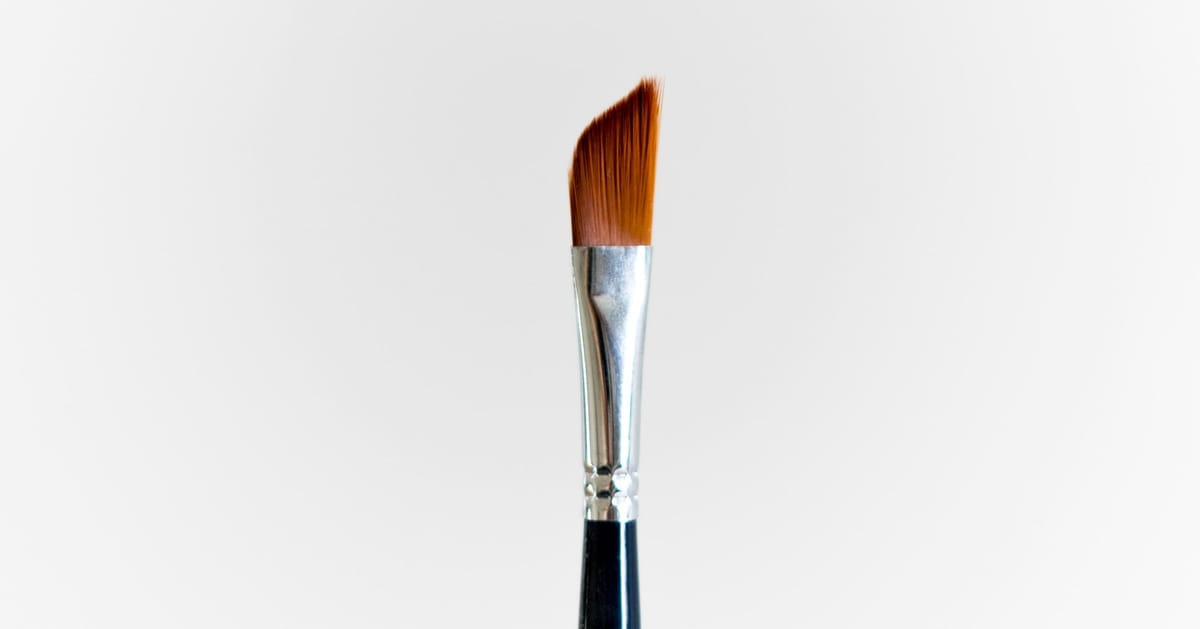AI Tools: When The Paintbrush Becomes the Painter

At an unsettling and accelerating pace, artificial intelligence is growing in capability. What was once a passive instrument of human intent is now beginning to generate, and act with ever-diminishing reliance on human direction. That comes at a cost: A study published in June 2025 revealed that idea diversity in brainstorming sessions takes a brutal nosedive when participants start making use of Generative AI. In one experiment, individuals were tasked with inventing and naming a toy using only a brick and a fan. Among the ideas generated with the helping hand of ChatGPT, 94% shared overlapping concepts, with nine participants independently naming their toy “Build-a-Breeze Castle.”
This stands in marked contrast to the variety of ideas generated by humans working independently, free from the influence of their AI Companions. Despite their probabilistic foundations, large language models are shaped by parameters that tend to favor predictability over randomness. To illustrate, try asking ChatGPT or a similar AI to “choose a random number between 1 and 10.” Odds are, you’ll get the same answer: 7.
A Metamorphosis
Picture a painter who comes into possession of a magic paintbrush. One that zips through the air like a caffeinated collibri, ready to take orders to bring to life his visions with perfect accuracy. At first, he directs every stroke with pedantic precision, spending hours thinking about the work of art he wants to put together. But over time, as he completes more and more works, he begins to trust the brush. He notices that it can fill entire canvases with breathtaking detail, translating even his vaguest ideas into stunning imagery. As the magic continues to impress, he grows worryingly complacent. His instructions become lazier, less deliberate. Eventually, he mutters vague commands like, “Paint a mountain or something. Make it look good.”
That is the moment the paintbrush becomes the painter.
We are all in a similar situation. The only difference is that our brush is a pen, or a keyboard if we’re being overly literal. One imbued with uncanny intelligence. We use it to brainstorm, plan, structure, research, and seek advice on nearly everything. These AI companions are becoming unnervingly clever. At times, it feels like you're talking to a friend who's much smarter and definitely much, much more knowledgeable than you are. The temptation to hand over the reins, and to let AI guide every stroke of the process, is immense. Especially when the time saved is measured in orders of magnitude. But behind that convenience lie hidden costs, accumulating quietly.
"Mind Control" – might sound overly dramatic, yet it’s a fitting term for how influence subtly shifts in the digital age. If you trust your remarkably smart AI friend, who will grow even smarter and more knowledgable as time passes, you are granting it the power to shape your mind at its will. Or at its' master's will, I should say. This is not science fiction, it's happening right now. Many of the top contenders in the AI space are moderated by firms, who are themselves – sometimes more visibly, sometimes less – operated and guided by their CEOs, owners and stakeholders. Content moderation isn't optional in these systems. And wherever content moderation happens, minds are influenced. You might object that this is no different from the content moderation carried out by the large social media platforms of this day and age. But this argument would be ignoring the factor of trust. 40% of people trust the information produced by generative AI, totalling billions of humans worldwide. At the same time, a healthy public skepticism towards AI companies is taking place: trust towards them has declined from 62% in 2019 to 54% in 2024. This growing skepticism is vital in a world where power is increasingly concentrated in the hands of a shrinking few.
What to make of it?
This trend shows that it is entirely within our power to collectively decide how far we'll let the paintbrush replace us, the painters. We must stay conscious of its immense powers, capable of steering our thoughts, for better or worse. And in the face of these powers, perhaps surprisingly, of its inherent limitations. Because even though it seems like AI knows everything, it's full of shit. Seriously. It doesn't have all the right answers. Neither do you, of course. But the difference is you’re not pretending you do.

